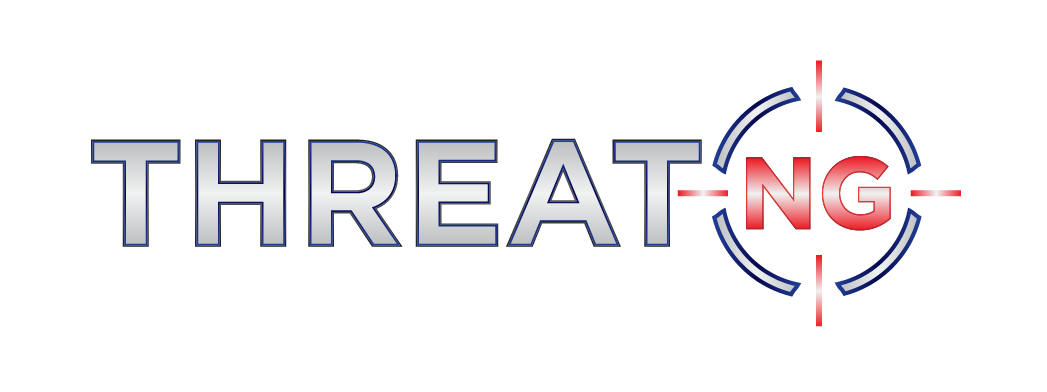Government Contracting Irregularities
When viewed through an ESG (Environmental, Social, and Governance) lens, government contracting irregularities primarily fall under the "Governance" component. They involve unethical, illegal, or improper practices related to companies obtaining, managing, and executing contracts with government entities.
In the context of cybersecurity, government contracting irregularities can manifest in several ways, often with significant implications for both security and public trust:
Misrepresentation of Cybersecurity Capabilities:
Companies bidding for government contracts that involve cybersecurity components (e.g., providing security software, managing government data, and securing critical infrastructure) might misrepresent their expertise, certifications, or track record. This can lead to the government awarding contracts to unqualified vendors, which increases security risks.
Conflicts of Interest:
Companies or individuals involved in government cybersecurity contracts might have conflicts of interest that compromise the integrity of the work. For example, a company hired to assess the security of a government system might also have a financial interest in selling security products to that system, which could bias their assessment.
Non-Compliance with Security Standards:
Government contracts often require adherence to specific cybersecurity standards and regulations (e.g., NIST frameworks, FedRAMP requirements). Companies that fail to comply with these standards may violate their contracts and create security vulnerabilities in government systems.
Data Breaches Due to Negligence:
Suppose a company handling government data experiences a breach due to inadequate cybersecurity measures. This can be considered a government contracting irregularity, especially if the contract specified unmet security requirements. This can have severe consequences, such as exposing sensitive government information or compromising national security.
Overcharging or Fraudulent Billing:
Companies might engage in overcharging, fraudulent billing, or other financial irregularities related to their government cybersecurity contracts. This can involve billing for services not rendered, inflating costs, or using deceptive accounting practices.
These examples illustrate that government contracting irregularities in cybersecurity often involve transparency, accountability, compliance, and the responsible management of public funds and sensitive information.
To detail how ThreatNG can help address government contracting irregularities related to cybersecurity, here's a breakdown:
1. How ThreatNG Helps
External Discovery: ThreatNG's external discovery capabilities can indirectly help uncover potential government contracting irregularities. By providing visibility into a vendor's external-facing systems and digital footprint, it can help assess their capabilities and identify potential risks.
ESG Exposure: ThreatNG's ESG Exposure rating is crucial. It analyzes and highlights areas such as government contracting-related offenses.
For example, suppose a company bidding for a government contract has a history of fraud, bribery, or other unethical business dealings with government entities. In that case, ThreatNG will reflect this as an ESG risk.
In cybersecurity, if a vendor has a record of non-compliance with security standards in past government contracts or has faced legal action for misrepresenting its cybersecurity capabilities, ThreatNG will flag this as a government contracting irregularity-related ESG concern.
Reporting: ThreatNG's reporting functions can bring attention to potential government contracting irregularities:
ESG reports can provide valuable insights into a vendor's past conduct in government contracting and any associated risks.
Security ratings reports can assess a vendor's cybersecurity posture and highlight potential vulnerabilities indicating non-compliance with contract requirements.
Continuous Monitoring: Continuous monitoring is essential for detecting ongoing or emerging risks related to government contracting irregularities. ThreatNG can help government agencies and oversight bodies stay vigilant for potential issues with vendors, such as deteriorating security practices or new legal challenges.
Investigation Modules: ThreatNG's investigation modules offer tools for uncovering potential government contracting irregularities:
Domain Intelligence: This module can help investigate a vendor's online presence and identify any red flags, such as associations with known malicious actors or suspicious activities.
Sentiment and Financials: This module is critical. ThreatNG tracks lawsuits, SEC filings, and other financial information that can reveal a vendor's history of legal disputes, economic instability, or other issues that could affect its ability to fulfill a government contract.
Intelligence Repositories: ThreatNG's intelligence repositories, particularly those related to ESG violations, legal information, and dark web activity, provide valuable context for assessing vendor risk and investigating potential irregularities.
2. ThreatNG Works with Complementary Solutions
ThreatNG's capabilities can be enhanced by integration with other systems:
Procurement Systems: Integration with government procurement systems can automate vendor risk assessments and provide real-time alerts for potential red flags.
Contract Management Systems: Integration with contract management systems can help ensure that vendors are meeting their contractual obligations related to cybersecurity and compliance.

